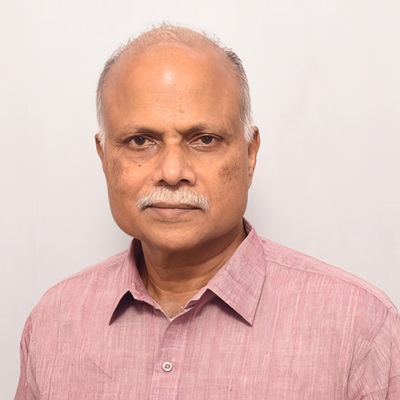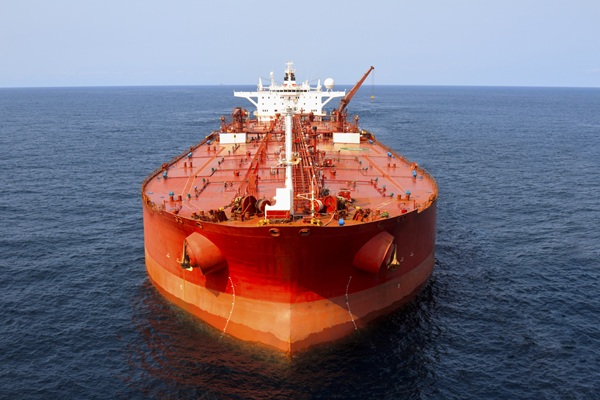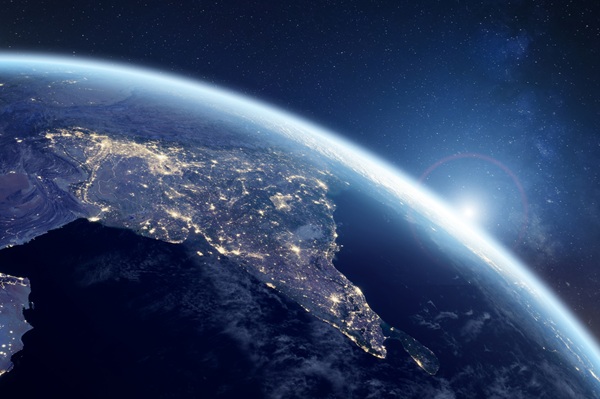.png)

T.K. Arun, ex-Economic Times editor, is a columnist known for incisive analysis of economic and policy matters.
August 30, 2025 at 9:20 AM IST
A clamour is rising to demand that India should stop buying crude oil from Russia. Several reasons are put forward in support of the demand. The saving from cheaper oil from Russia is more than offset, several times over, by exports lost to the additional layer of 25% tariffs that has been placed on America’s imports from India to punish New Delhi for continued purchase of Russian oil.
The principal beneficiary of oil imports from Russia is Reliance and its primary shareholder, Mukesh Ambani — Reliance gets to import crude cheap from Russia, then refines it and sells petrol, diesel and aviation turbine fuel at market prices around the world, earning extra profits. Why should India invite Trump’s wrath, penalise thousands of small producers, whose exports to the US have become unviable, to benefit the richest of India’s richie rich?
The short answer is that India imports oil from Russia not for commercial gains but for strategic, geopolitical reasons. The longer version of the answer entails understanding how India is placed among the major powers of the world, what role Russia plays in the relations between China and the US.
The US identifies China as its principal rival on the global stage. China’s is the second-largest economy in the world, it has the world’s largest naval fleet, is neck and neck with the US in critical technologies like artificial intelligence, quantum computing, quantum communications, and telecom technologies. It is ahead in clean energy technologies and in electric cars and batteries. It is catching up fast in semiconductor design and manufacture.
Economically, Russia trails the US and China by far. During first decade after the collapse and fragmentation of the Soviet Union, under Yeltsin’s drunken stewardship, whatever economic and scientific-technological strength had been built up in Soviet times got dissipated. A kleptocracy grabbed Russia’s natural resources and industrial assets. Russian oligarchs became a thing. They chose European cities, in particular, London, as the place to spend their fortunes. London even got the nickname, Londongrad.
Putin came to power in 2000, and halted Russia’s dissolution, and started slowly putting the building blocks of Russian national power together again. It made strategic sense for the US and its West European allies to finish off the Russian threat, at that moment. They had two choices.
One, they could accommodate Russia into the European fold, helping it find its feet — putting up at one’s home in the city poor relations from the boondocks, as they studied or strove otherwise to make good, has been a noble European tradition, after all. Two, the West could deploy its superior economic and military might to choke off any aspiration in Russia to major power greatness.
The West locked in on option two. It expanded the NATO alliance to several former members of the Soviet Union’s military alliance, the Warsaw Pact, and even to some former members of the Soviet Union. Putin and Russia were too focused on internal affairs to resist this. But by the time NATO made its move on Georgia, Putin had got his act together. Russia sent its forces into Georgia, in 2008, in support of breakaway groups in South Ossetia and Abkhazia, and have a military presence in these places. Georgia’s NATO entry stands blocked.
This is roughly what happened to Ukraine, after a regime change in 2014, following a West-backed uprising against the pro-Moscow Viktor Yanukovich regime. Russia took over Crimea, where its only all-weather naval base at Sevastopol is located, and backed separatist forces in eastern Ukraine, through which the road from Moscow and St Petersberg to Crimea runs. Russia is insistent that it cannot allow Ukraine to join NATO or house NATO troops.
How does all this matter to India? India’s concern for Russia is not based on nostalgia for the good old days, when Soviet submarines showed up in the Bay of Bengal had, in 1971, and forced the US Seventh Fleet to end its mission and go back. The US warships had been dispatched in support of Pakistan, as its armed forces systematically killed Bangla opponents of subservience to West Pakistan, and to foil India’s armed assistance to these freedom fighters.
Nor is India’s concern for Russia mainly motivated by considerations of arms purchases and cooperation in defence production, such as in the case of Brahmos missiles. India wants Russia to remain a salient global power to forestall the eventuality of coming fully under the American thumb.
Unlike during the Cold War, when India adopted non-alignment as a policy to play the Soviet Union off against the US, and obtain concessions from both powers, a bipolar hegemony of the world by the US and China would hobble India’s choices. China refuses to settle the border with India, and maintains territorial claims against India. It props up Pakistan, to keep India occupied with maintaining its position in South Asia, and prevent India playing its natural role as an Indo-Pacific and emerging global power.
India needs US assistance, in the face of this Chinese pressure. The US assists India, because it wants to contain China. However, if India’s reliance on the US is total, Washington would be able to dictate India’s choices in different areas. It is in the interest of India’s strategic autonomy for the world to have multiple centres of power, starting with Russia retaining its salience as a major power.
The Russian economy might be second-rate, but its nuclear arsenal is not. In a few areas, it still remains a technological powerhouse.
Thanks to Trump, Europe has every incentive to emerge as a centre of strategic power. Trump is forcing Japan and South Korea to forge closer ties. India would be a decent addition to this eastern centre of power, along with Australia.
If one company gets to make windfall profits from India’s pursuit of strategic autonomy, India has the option of taxing those profits away as windfall profits.
In the absence of strategic autonomy, India would fare far worse than having to suffer temporary loss of export opportunities in the US in some sectors. Importing oil from Russia subserves India’s larger goal of strategic autonomy. Incidentally, by keeping Russian oil part of global supplies, India helps contain oil prices for the entire world, including for consumers in the US.




